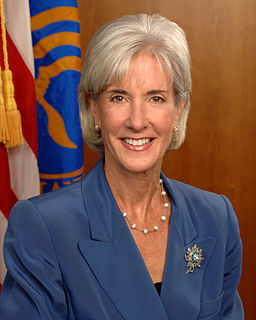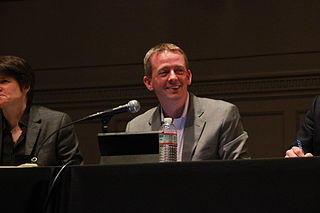A Quote by Eric Schlosser
In 1970, Americans spent about $6 billion on fast food; in 2000, they spent more than $110 billion. Americans now spend more money on fast food than on higher education, personal computers, computer software, or new cars. They spend more on fast food than on movies, books, magazines, newspapers, videos, and recorded music—combined.
Related Quotes
I think Americas food culture is embedded in fast-food culture. And the real question that we have is: How are we going to teach slow-food values in a fast-food world? Of course, its very, very difficult to do, especially when children have grown up eating fast food and the values that go with that.
I think America's food culture is embedded in fast-food culture. And the real question that we have is: How are we going to teach slow-food values in a fast-food world? Of course, it's very, very difficult to do, especially when children have grown up eating fast food and the values that go with that.
While it is true that many people simply can't afford to pay more for food, either in money or time or both, many more of us can. After all, just in the last decade or two we've somehow found the time in the day to spend several hours on the internet and the money in the budget not only to pay for broadband service, but to cover a second phone bill and a new monthly bill for television, formerly free. For the majority of Americans, spending more for better food is less a matter of ability than priority. p.187
Is it just a coincidence that as the portion of our income spent on food has declined, spending on health care has soared? In 1960 Americans spent 17.5 percent of their income on food and 5.2 percent of national income on health care. Since then, those numbers have flipped: Spending on food has fallen to 9.9 percent, while spending on heath care has climbed to 16 percent of national income. I have to think that by spending a little more on healthier food we could reduce the amount we have to spend on heath care.
Higher education isn't just a personal investment. It's a public good that pays off in a more competitive workforce and better-informed and engaged citizens. Every year, we spend nearly $100 billion on corporate welfare, and more than $500 billion on defense spending. Surely ensuring the next generation can compete in the global economy is at least as important as subsidies for big business and military adventures around the globe. In fact, I think we can and must go further - not just making public higher education tuition-free, but reinventing education in America as we know it.
I didn't have money to eat when I was 21. When I was short on cash, I would sometimes scam food from fast food places. I'd go into fast food chains and pretend I was from a movie studio, tell them they didn't send us the right order and demand they fix it. I've tried to make that right whenever I could.
According to the Tax Foundation, taxes now consume more than 38% of the average family's budget. That is more than is spent on food, clothing, housing, and transportation combined. Compare this to the plight of medieval serfs. They only had to give the lord of the manor one-third of their output - and they were considered slaves. So what does that make us?




























